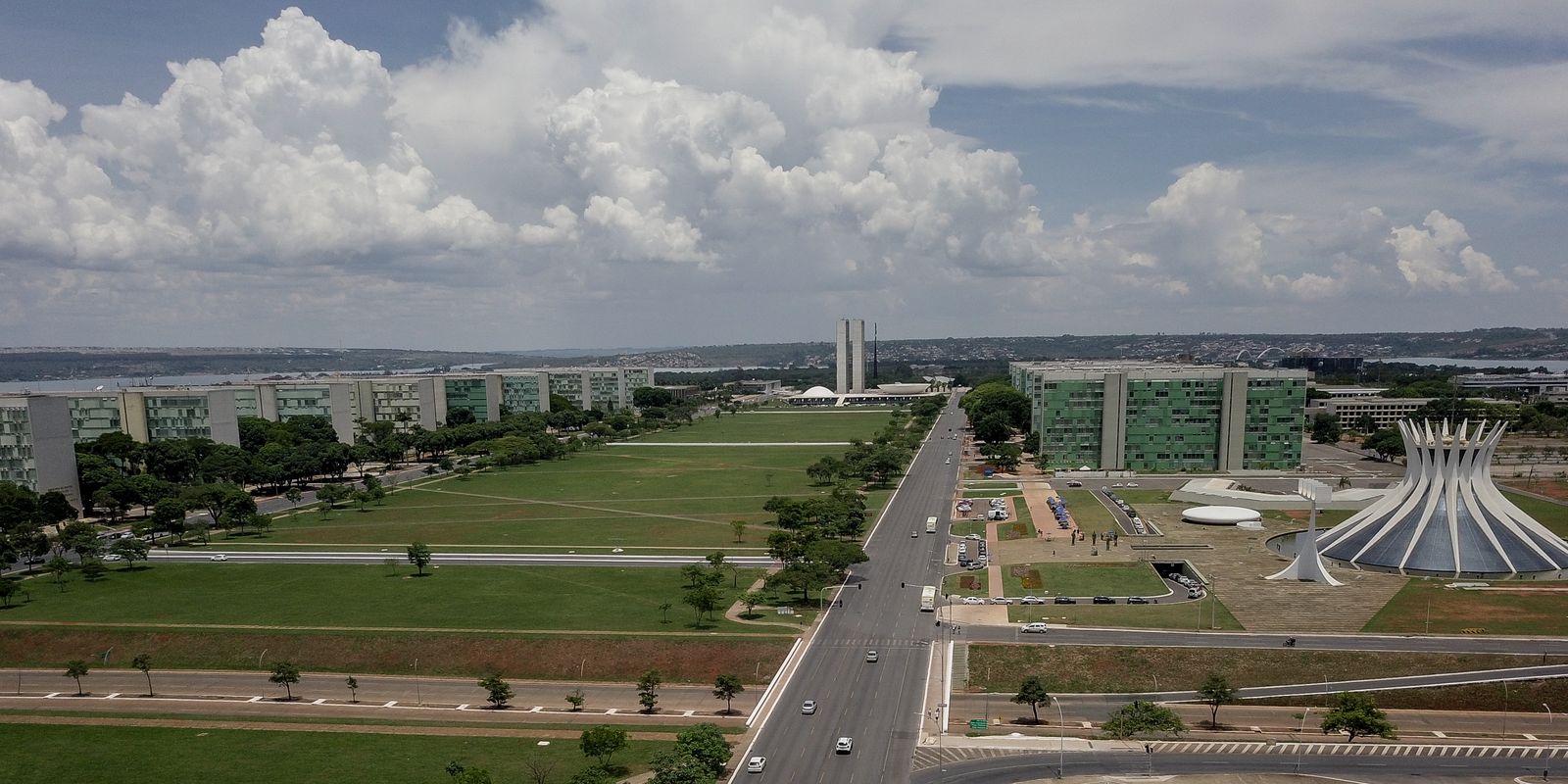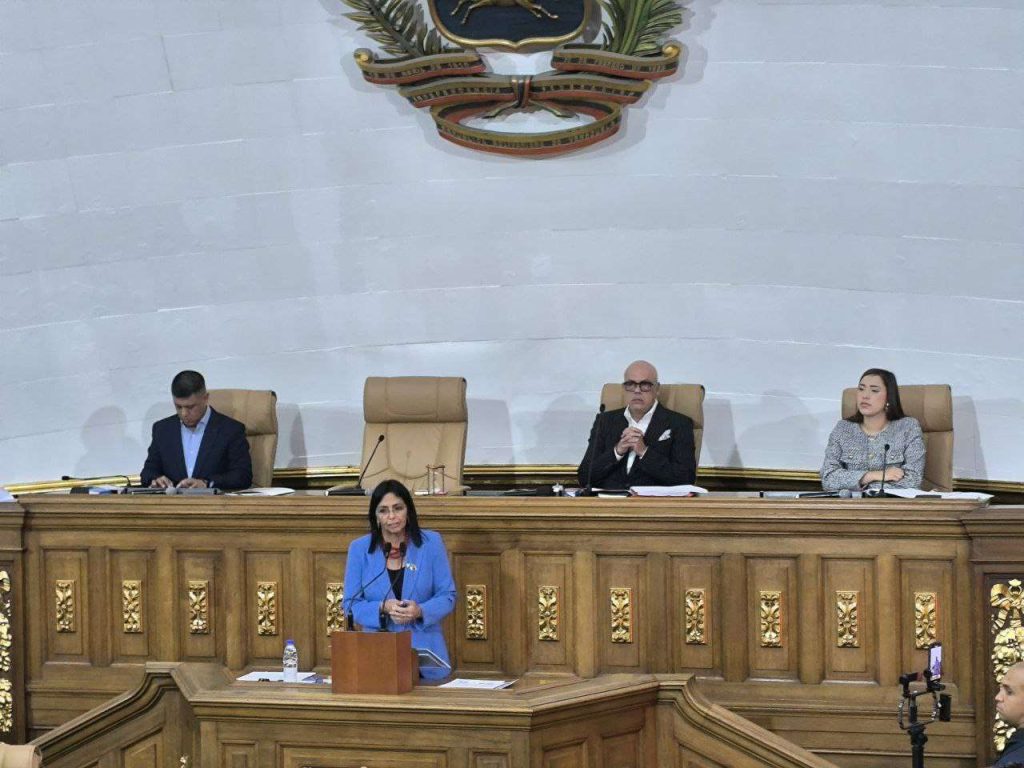In a month traditionally of strong inflow of resources into the government’s cash flow, public accounts were surprising. In October, the central government accounts (National Treasury, Social Security and Central Bank) recorded a primary surplus of R$40.811 billion. The value represents a real increase (above inflation) of 114.9% compared to the same month last year, when the surplus had reached R$18.124 billion.
This is the second best surplus for the months of October since the beginning of the historical series, in 1997. The value is second only to October 2016, when the positive result was R$40.872 billion, motivated by the repatriation of resources from abroad that year .
The result was better than expected by financial institutions. According to the Prisma Fiscal survey, released every month by the Ministry of Finance, market analysts expected a positive result of R$32 billion in October.
The central government’s accounts were released a week late because of the National Treasury strike, which ended on Friday (29).
With the positive result in October, the hole in public accounts became smaller in the year to date. In the first ten months of 2024, the central government records a primary deficit of R$64.376 billion. In the same period last year, there was a primary deficit of R$76.206 billion.
The primary result represents the difference between revenues and expenditures, disregarding interest payments on public debt. This year’s Budget Guidelines Law (LDO) and the new fiscal framework establish a target of zero primary deficit, with a tolerance margin of 0.25 percentage points of the Gross Domestic Product (GDP, sum of goods and services produced in the country) upwards or downwards, to the central government. At the lower limit of the target, this is equivalent to a deficit of up to R$28.75 billion.
On Friday, the special edition of the Revenue and Expense Assessment Report projected a primary deficit of R$64.426 billion for the central government, equivalent to a negative result of 0.56% of GDP. The bill, however, includes expenses outside the fiscal framework, such as the payment of court orders and extraordinary credits to rebuild Rio Grande do Sul and fight forest fires.
When considering only spending within the framework, the primary deficit forecast drops to R$27.747 billion, within the tolerance margin of R$28.75 billion. This year’s result is being helped by extraordinary revenues from the taxation of exclusive funds, fuel tax increases and economic growth, which is reflected in the payment of more taxes.
Revenues
Compared to October last year, revenues rose, but expenses fell if inflation is taken into account. In the month before last, net revenues rose 16.2% in nominal values. Discounting inflation by the Broad National Consumer Price Index (IPCA), the increase reaches 10.9%. In the same period, total expenses rose 4% in nominal values, but fell 0.7% after discounting inflation.
The primary surplus was driven by record federal revenue in October. If we only consider administered revenues (related to the payment of taxes), there was an increase of 14.5% in October compared to the same month last year, already discounting inflation.
The main highlights were the increase in the Contribution for Social Security Financing (Cofins), resulting from the recomposition of taxes on fuel and the recovery of the economy, and the increase in the collection of Income Tax Withheld at Source, due to taxation on exclusive funds, which came into force at the end of last year. The rise in quarterly profits of companies, mainly financial ones, also benefited the Treasury’s cash flow.
Revenues not managed by the Federal Revenue rose 5.9% above inflation in the same comparison, driven by the transfer of R$6.2 billion in judicial deposits from Caixa Econômica Federal to the National Treasury. This increase compensated for the R$2.158 billion drop in royalties, resulting from the drop in oil prices on the international market.
Expenses
As for spending, the main factor for the increase was Social Security, which rose 3.8% above inflation, due to the increase in the number of beneficiaries and the policy of increasing the minimum wage. Spending on the Continuous Payment Benefit (BPC) jumped 14.2% above inflation, for the same reasons.
Due to the review of Bolsa Família records, spending on mandatory flow control expenses (which includes social programs) fell 3.6% in October, discounting inflation compared to the same month last year. Spending on extraordinary credits also increased (R$1.1 billion above inflation), driven by the reconstruction of Rio Grande do Sul.
Discretionary (non-mandatory) spending fell by R$5.99 billion after inflation. Of this total, a reflection of the budget blockages in force since July. The biggest drops, in values adjusted for inflation, were observed in expenditure on health (R$ 2.4 billion) and defense (R$ 1.1 billion).
Spending on federal civil servants grew by R$2.84 billion (1%), discounting inflation in the first ten months of the year compared to the same period last year. The increase was offset by the payment of court orders at the beginning of the year, which reduced the payment of court sentences by 48.2%, discounted for inflation.
As for investments (public works and purchase of equipment), the total in the first ten months of the year totaled R$58.304 billion. The value represents an increase of 9.1% above the IPCA in relation to the same period in 2023. In recent months, this expense has alternated between periods of growth and decline, discounting inflation. The Treasury attributes the volatility to the variable pace in the flow of public works.















